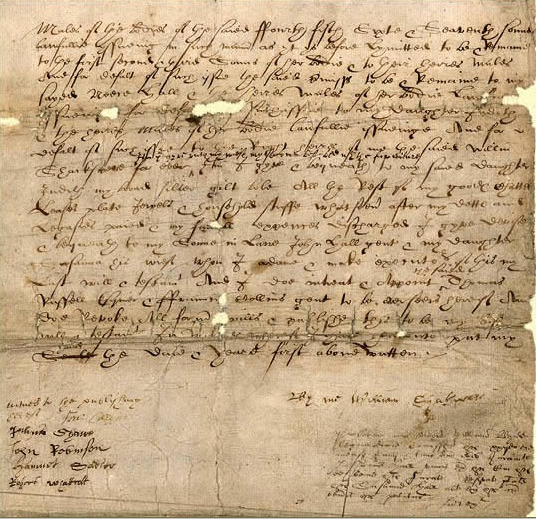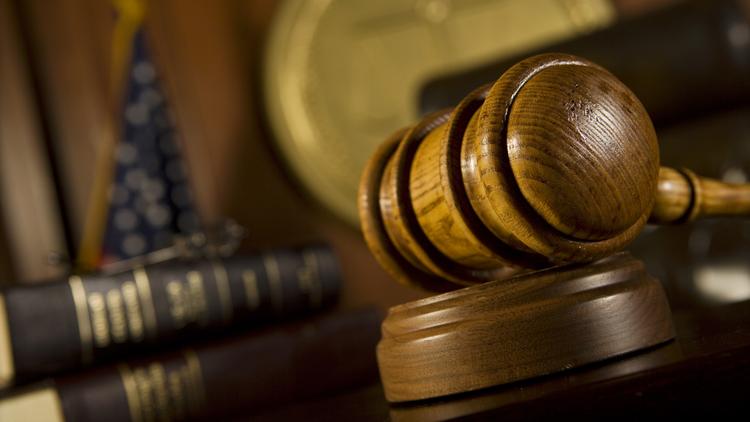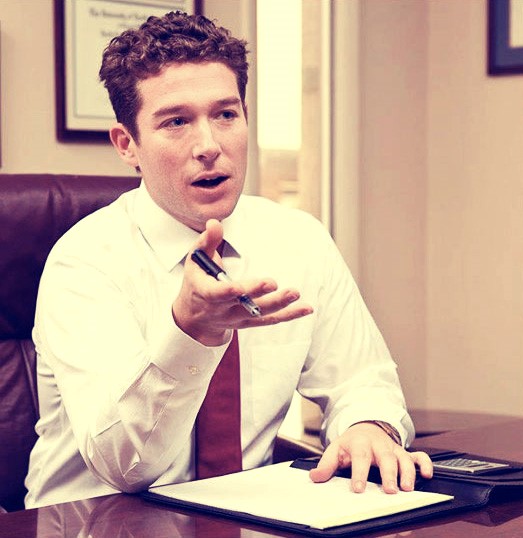What happens when you violate a non-disclosure agreement? Are there any circumstances in which is permissible to violate one without consequences? What are non-disclosure agreements even for? What does everyone have to hide?
Non-disclosure agreements are a way for businesses or individuals to protect confidential information given to their employees or other parties. They can also be called “confidentiality agreements” or simply “NDAs.” At Lindley Law, all employees sign a confidentiality agreement with respect to client information. In addition to attorney-client confidentiality, it is important to the attorney-client relationship that we maintain confidentiality so as to not compromise or prejudice our clients in any way.
Other companies, such as Apple, require their employees to sign NDAs due to trade secrets and proprietary information about their valuable products. If parts of their computer code were to get out, competitors might take advantage. Details about new features of the upcoming iPhone are similarly sensitive aspects of their business. Employees even have to sign an NDA that allows them to see another NDA that contains a project code name in order to protect the confidentiality of even the name of the project.
These highly secretive practices for law firms and tech companies make a lot of sense and they’re important, but what about in the context of Hollywood? Personal assistants to celebrities are routinely asked to sign NDAs. Many celebrities are intensely private and with TMZ and the paparazzi running around trying to pry into every detail of their personal lives, it’s easy to see why. Imagine if you had to worry that every spat with your spouse or kids could end up on the internet or that your favorite song is “Friday” by Rebecca Black and you play it on repeat. Again, NDAs are important.
When it comes to Harvey Weinstein, his company’s employees were required to sign NDAs that prevented them from making statements that could potentially harm the reputation of the executives or the company itself. In some circumstances, these NDAs have been signed in conjunction with settlements for sexual harassment. In such cases, the aggrieved party agrees not to pursue litigation or discuss the particulars of the settlement agreement in exchange for a sum of money. Hush money, if you will.
If the aggrieved party violates the NDA by revealing details protected by it, the other side can sue for injunctive relief to stop the release of the information and may recover monetary damages. When that includes a Hollywood powerhouse with seemingly unending influence and money, there’s a lot of fear of violating an NDA. However, Zelda Perkins, the former assistant to Weinstein, broke her NDA associated with the monetary settlement she received for sexual harassment. The consequences for doing so may result in financial penalties, paying the other side’s legal fees, and repaying the £125,000 ($164,000) settlement in full. As such, it has sparked a debate about whether NDAs should be permissible in instances of sexual assault and harassment and many believe they should not because, ultimately, they protect abusers and leave victims vulnerable.
Weinstein has threatened to sue the New York Times for its report on alleged sexual harassment and assault, however, as of the publication of this article, he has not done so. One reason may be that if he sues the New York Times for defamation, the NDAs may not apply anymore. Most NDAs include an exception that applies to persons under subpoena in order to allow them to comply with the legal process. The New York Times would almost certainly subpoena some people in the discovery process who signed NDAs. Weinstein would likely try to enforce his contracts and prevent those people from breaking their NDAs, but NDAs are not enforceable to conceal unlawful conduct. It is unclear how a court might rule, but Weinstein runs a big risk if he takes the NY Times to court.
While non-disclosure agreements are generally completely reasonable contracts to have in place to protect confidential client information and proprietary business information, lawmakers will have to decide whether they should pass laws making it clear that sexual predators cannot hide behind them. In the case of Weinstein, if he decides to sue the NY Times, the court will likely have to decide whether the NDAs can be violated in the discovery process.
For more information about Lindley Law’s attorneys and practice areas, please visit us at lindleylawoffice.com.


